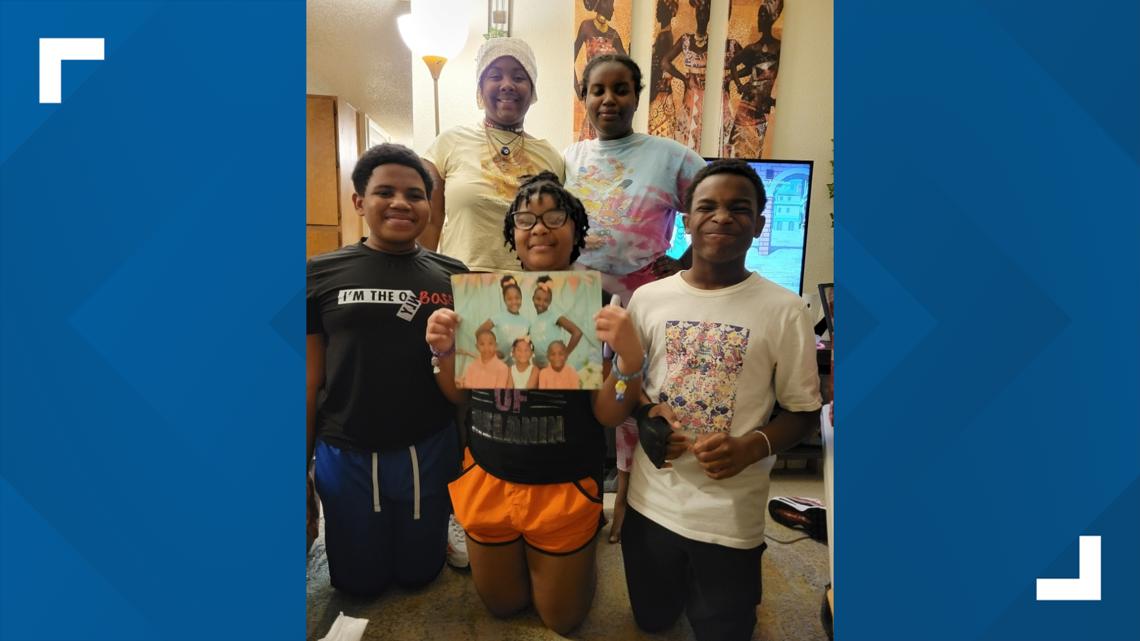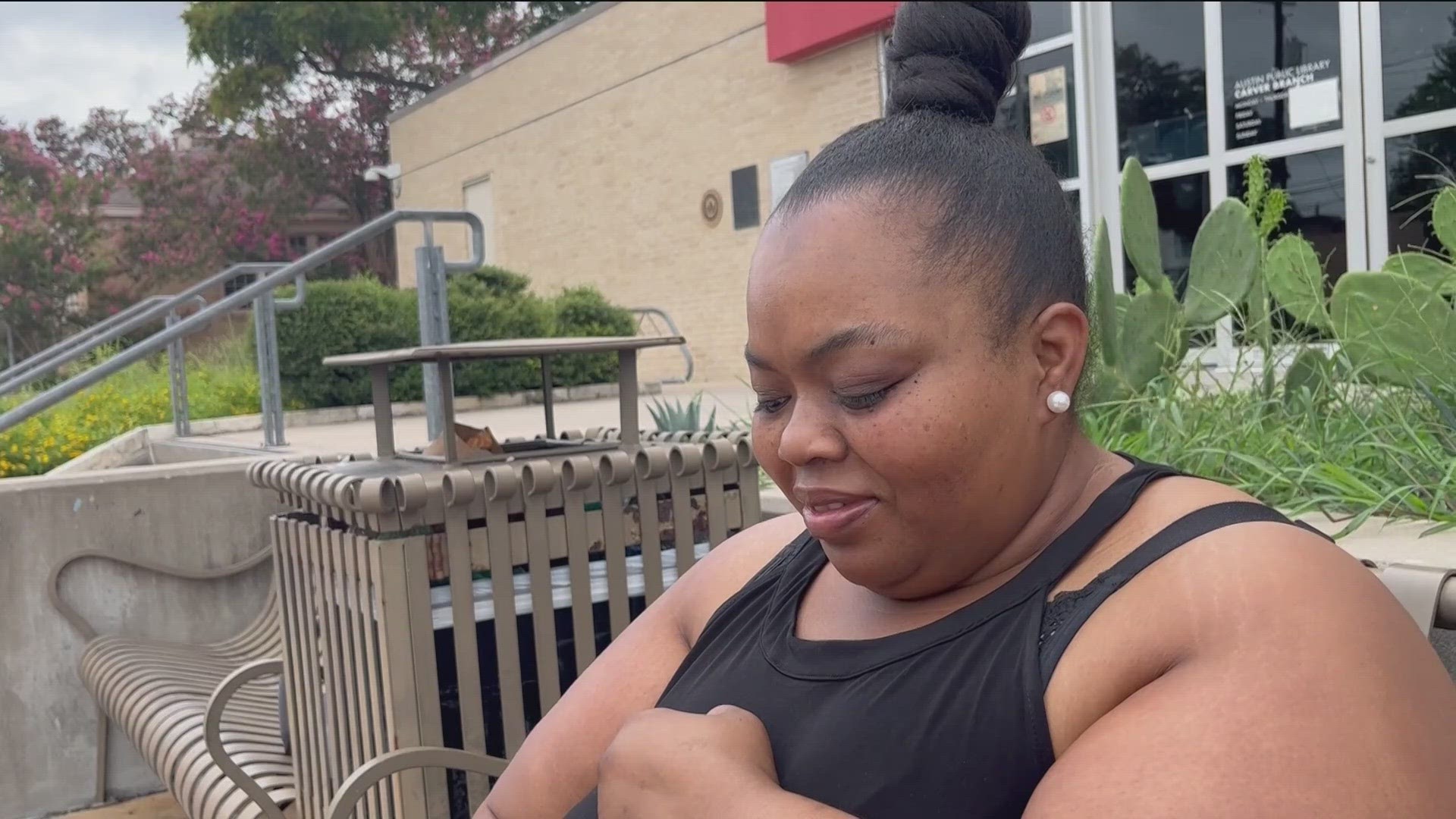AUSTIN, Texas — It's been about a year since the City of Austin launched a pilot program to help low-income families by providing them $1,000 per month. Many families say this helped them pay off bills and ensure financial security.
"As evaluators, through our research, we're seeing major reductions in hardships like food insecurity," said Mary Bogle, a principal research associate with the Urban Institute. "Particularly, we see there are upticks in people's ability to pay for balanced meals. We're also seeing improvements in mental health issues and people having high stress."
These are preliminary six-month results, but Bogle expects these trend lines to go up. She said these are common outcomes for guaranteed income programs across the country.
"People are aware the pilot program is going to end, and they're being very goal-oriented," she said. "They're pursuing training opportunities to have better jobs."
Taniequewa Brewster is one participant of the program. She said it has been of help to her and her five kids. The extra $1,000 allowed her to pay and complete notary public training.
"The guaranteed income allowed me more time to work towards furthering my dreams," Brewster said.
The extra money also means she has been able to sign her kids up into different programs they wanted to participate in, but that she couldn't previously afford.
"So many times low-income families, it's like, 'Oh, you shouldn't have that,'" Brewster said. "People assume you shouldn't have certain things. Lower-income families are not privileged to have things that higher-income families, two-income households have."


Brewster said the money has also helped her with access to food and has given her the flexibility to support her kids while she was sick.
"I don't know how I would have purchased the medication, paid for some of the hospital stays," she said. "I was actually in a hospital for eight days, without my children. And so, it was a help for me."
Once the pilot program ends, researchers will evaluate how successful it was.
In a statement, Councilwoman Mackenzie Kelly (District 6) said programs like this one shouldn't fall under the local government's responsibility. Instead, she said these funds should support essential services, like public safety.
The future of this program is currently unknown. Researchers will be surveying the 135 participants after they have their last check-in in September.
Boomtown is KVUE's series covering the explosive growth in Central Texas. For more Boomtown stories, head to KVUE.com/Boomtown.

